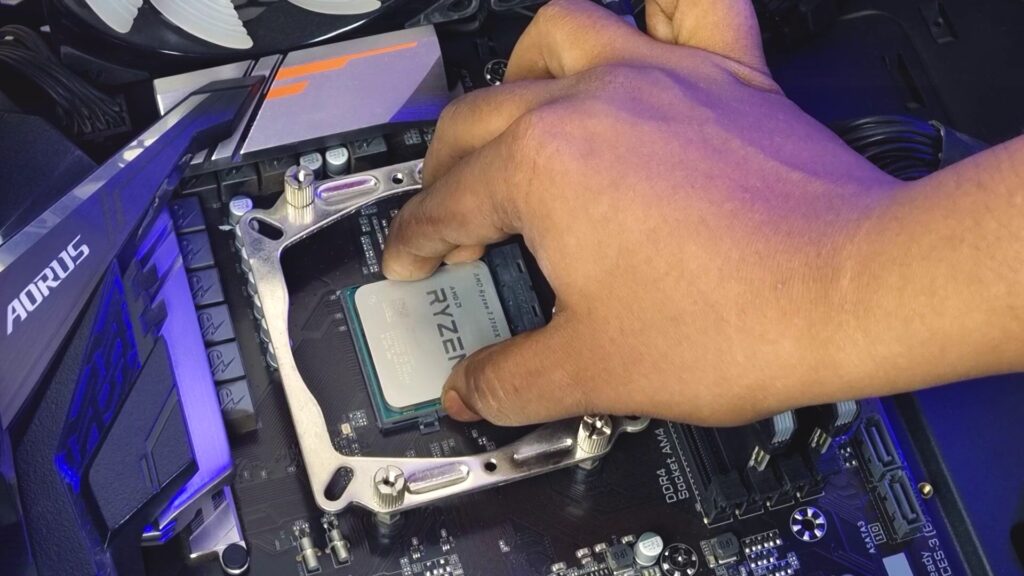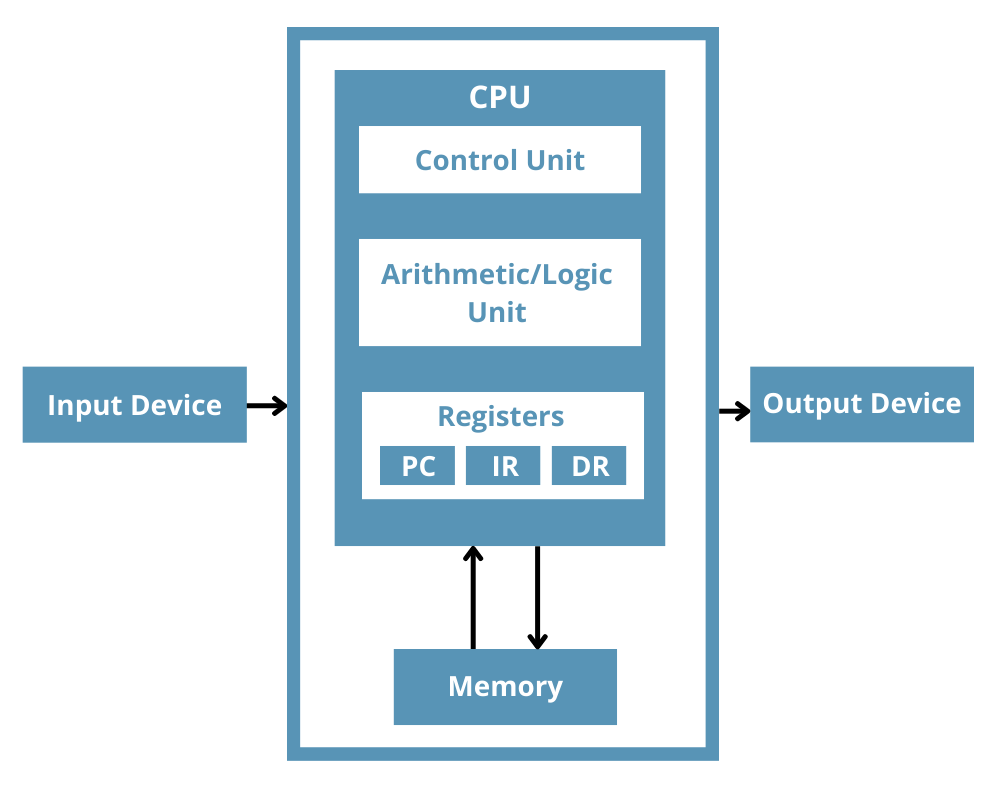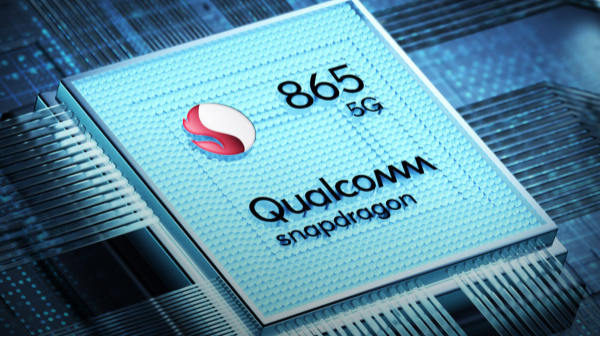We used 32-bit CPUs in the past, then 64-bit CPUs, and now we have been using 64-bit CPUs for the past two decades. Where are 128-bit CPUs? What advantages could 128-bit CPUs offer? Believe it or not, 128-bit processors/CPUs could handle 340,282,366,920,938,463,463,374,607,431,768,211,456 times more memory than 64-bit processors. Now what does this value actually represent? Well read this article and I can assure, you can understand the differences.

Advantages of 64-bit Processors Over 32-bit Processors
8-bit, 16-bit, 32-bit, and 64-bit refer to the register width of CPUs. Register width indicates how much RAM a CPU can handle and efficiently use. Register width has a direct relationship with RAM since memory addresses are stored in registers, and this is how the CPU knows in RAMs where exactly specific data is located.
Don’t Miss: What Is a Serial Port? Why We Still Use Them

As everyone knows, computers operate in binary, which means 0s and 1s. Let’s say I have a storage device with 2-bit memory. How many possible combinations of 0s and 1s I can store in it? The combinations would be 2 to the power of 2, which is 4 different combinations: 00, 01, 10, and 11.
If I have 32-bit storage, I can store 2 to the power 32, which is 4.29 billion possible combinations of 0s and 1s. With 64-bit storage, I can store 18,446,744,073,709,551,616 combinations, and with 128-bit storage, I can store a massive number of possible combinations something like 340,282,366,920,938,463,463,374,607,431,768,211,456.
RAM Handling and Performance in 32-Bit vs. 64-Bit CPUs
In short, a 32-bit CPU can handle 32-bit data chunks, meaning it can access up to 4.2 billion memory locations, which translates to a maximum of 4GB of RAM. Even graphics memory is also included in this 4GB. If you have a graphics card with 512MB of VRAM in your system, the CPU can only use 3.5GB of your actual RAM.
A 64-bit CPU can handle 64-bit data chunks, allowing it to access a tremendous number of individual memory locations. Theoretically, a 64-bit CPU can access up to 16 Exabyte of RAM. In reality, the operating system and other hardware components limit the amount of RAM a 64-bit CPU can use. However, in servers, we do use ter abytes of RAM with 64-bit CPUs.

So, why did we need 64-bit CPUs? As processing power demands increased over time, the need for more RAM grew. That’s why we switched from 32-bit architecture to 64-bit architecture. It started being introduced in consumer-grade personal computers in the early 2000s, but 64-bit CPUs were already being used in servers since the 1990s.
Allocating RAM to Applications: Advantages of 64-Bit Processors
A 64-bit processor can indeed access a large amount of data in RAM, offer better performance, and efficiently handle data compared to a 32-bit processor. It can also allocate more RAM to individual applications. In a 32-bit system, you can only allocate up to 2 gigabytes of RAM to an individual application. Also, keep in mind To take full advantage of a 64-bit processor, you need a 64-bit operating system and software. Many modern operating systems and applications are designed to support both 32-bit and 64-bit modes, but running 64-bit software on a 32-bit system is not possible.
Don’t Miss: Stupid PC Mistakes that You Should Avoid

64-bit processors offer better performance in memory-intensive tasks. Applications that need to work with large datasets, such as video editing, 3D rendering, and scientific simulations, benefit significantly from the larger addressable memory space. While 64-bit processors don’t inherently make every task faster, they do allow for smoother multitasking and more efficient handling of large files.
Why Most Computers and Mobile Devices Use 64-Bit Processors
The reason why the majority of computers and mobile devices nowadays use 64-bit processors is because they provide the previously discussed advantages. As we’ve increased the core count of processors, the requirements for RAM have also increased. If we had stuck with 32-bit processors, increasing core counts wouldn’t have provided much benefit. As we increase the core count meaning the processor could handle more jobs simultaneously which obviously requires more RAM, only with 4GB RAM increasing the core count like nowadays would be pointless.
Also Read: Processors and System-on-Chip (SoC): Understand the Differences

As time passes we’ve significantly increased core counts, and processors have become so efficient, we also have implemented performance cores and efficiency cores in the CPUs. If we just stick to increasing ‘bit’ number from 64 to 128 then we may achieve a little bit of performance boost but not as much as we do now. Even with a 128-bit processor, it’s very hard to implement these performance-enhancing concepts which we have done quite easily with 64-bit processors.
Precision and Encryption Benefits of 64-Bit Processors
One thing to keep in mind is that as the bit number increases, the processor can work more precisely, which is needed in scientific and financial calculations. So, 128-bit CPUs would perform better than 64-bit. Encryption, for example, performs better on a 64-bit processor compared to a 32-bit processor because increasing the bit size makes encryption harder to crack. So, with a 128-bit processor, you would definitely get advantages in such scenarios, but there are also some challenges and drawbacks associated with 128-bit CPUs.

Challenges and Drawbacks of 128-Bit Processors
While there are some advantages in specific situations where precise calculations are needed, and in different encryption methods, the performance gains in everyday computing tasks are not as significant with 128-bit processors. While 128-bit processors would theoretically provide an even larger memory space and higher precision, they are not currently in mainstream use due to several practical limitations. Fabricating a 128-bit CPU is currently quite complex, and the fabrication technology isn’t quite developed right now. Even if it were possible to manufacture, it might not be profitable on a large scale. So, it’s better to stick with 64-bit processors and improve other aspects of computing to enhance performance.
In the Concluding Lines…
However, as we enter the era of artificial intelligence and quantum computers, there may be a need for higher bit sizes. In consumer-grade computing, though, there’s currently no significant advantage to moving from 64-bit to 128-bit processors. It would make processors more expensive without providing a proportional increase in performance. The shift from 32-bit to 64-bit was a significant improvement, but going from 64-bit to 128-bit may not yield such substantial gains. In summary, 64-bit processors have become the standard for modern computing due to their ability to address large amounts of memory, provide improved performance in memory-intensive tasks, and offer enhanced security features. While 128-bit processors may offer advantages in specific scenarios, they are not currently practical for widespread use and are not expected to replace 64-bit processors in consumer-grade computing in the near future.
